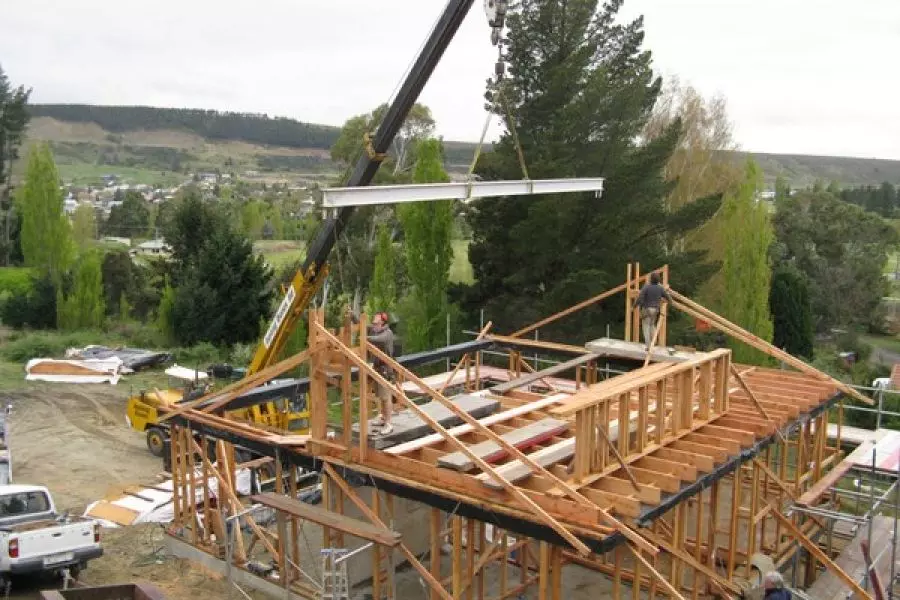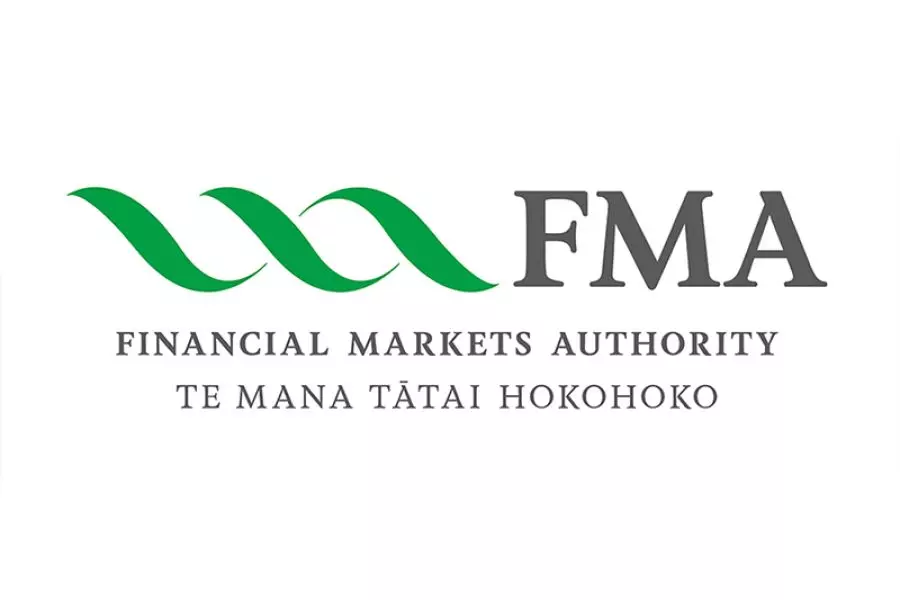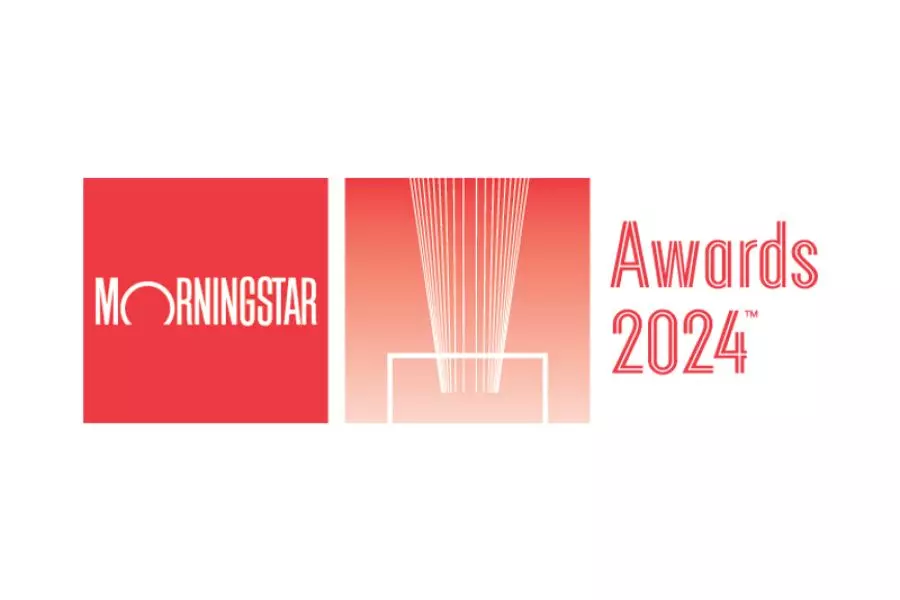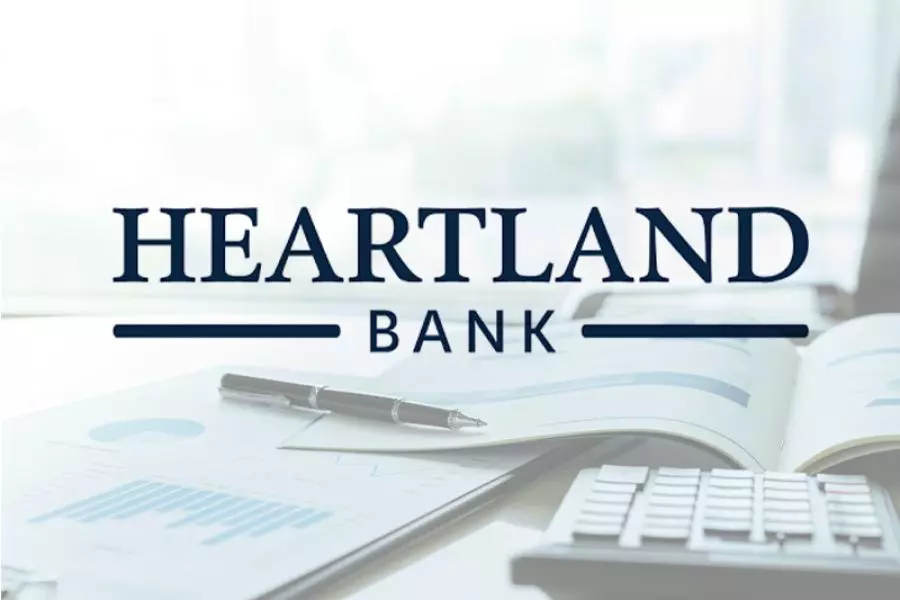News
Auckland consents at 2nd highest ever

Thursday 30th of August 2018
New dwelling consents were down by a seasonally adjusted 10% in July 2018, following an 8.2% fall in June, according to the latest Stats NZ data.
However, on an annual basis, 32,850 new homes were consented in the year ending July 2018 – up 8.0% from the July 2017 year.
Stats NZ construction indicators manager Melissa McKenzie says the number of new homes consented can be...
Want to read the full article?
Click the button below to subscribe and will have unlimited access to full article and all other articles on the site.









![[The Wrap] Bye Bye Bayly](https://goodreturns.publit.io/file/c_fill,w_900,h_600/39f23ac1-f7c7-4854-b700-a150004ebbac.webp)